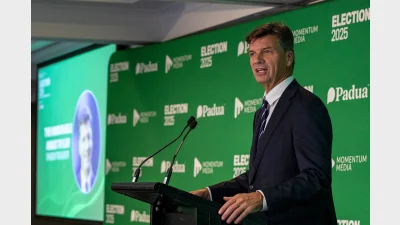Tech forefront of super CEO’s minds


The vast majority of superannuation funds are expecting to spend more on technology in 2016 compared to 2015 but using tech is easier said than done, Link Group believes.
The super admin firm found the spend of technology was a response to the challenges and opportunities presented by rapid technological change.
Link's survey found 92 per cent of funds expected to spend more on technology next year, with 62 per cent looking to spend an additional 20 per cent or more next year.
Speaking at the Association of Superannuation Funds of Australia (ASFA) conference in Brisbane today, Link Group Fund Administration chief executive, Suzanne Holden, said using technology to transform a business was easier said than done.
"Internal change management is as much driven by innovation internally as it is by customer innovation," she said.
"Technology — both in terms of internal and customer facing — and its role in change management is clearly front of mind for most CEOs.
"Businesses are often facing tough competition and cost pressures. This can require an ongoing investment in technology to deliver results."
Link said mobile innovation was predicted to be the key disruptor in 2016 (33 per cent of respondents), followed by data personalisation (25 per cent), aggregators of wealth management (25 per cent), and online digital or robo-advice (17 per cent).
Recommended for you
Aware Super has made a $1.6 billion investment in a 99-hectare industrial precinct in Melbourne’s North which, the fund clarified, also houses the nation’s first privately funded open-access intermodal freight terminal.
ASFA has affirmed its commitment to safeguarding Australia’s retirement savings as cyber activity becomes an increasing challenge for the financial services sector.
The shadow treasurer is not happy with the performance of some within the super sector, telling an event in Sydney on Thursday that some funds are obsessed with funds under management, above all else.
As the Australian financial landscape faces increasing scrutiny from regulators, superannuation fund leaders are doubling down on their support for private markets, arguing these investments are not just necessary but critical for long-term financial stability.












